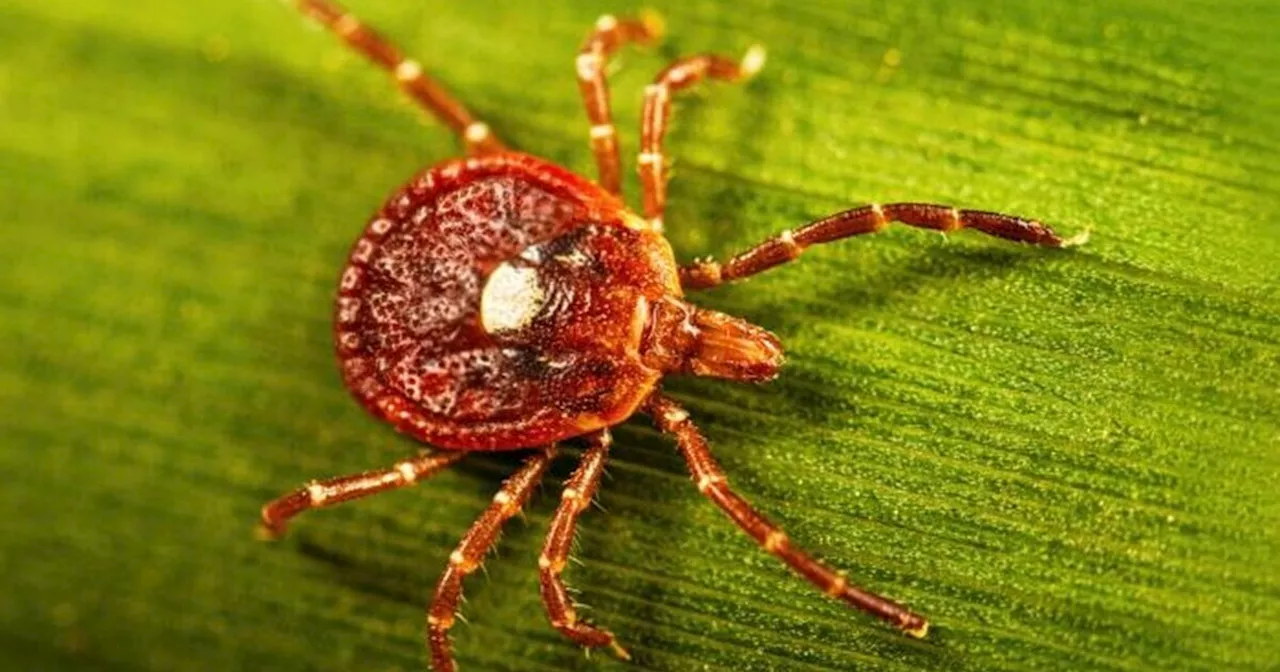Researchers have confirmed the first documented death attributed to alpha-gal syndrome, a serious allergy to red meat linked to bites from lone star ticks. The case involved a 47-year-old pilot from New Jersey who tragically passed away after consuming a hamburger at a barbecue in 2024. This alarming incident highlights the increasing severity of tick-borne illnesses and raises concerns over public awareness of this potentially life-threatening condition.
The findings, detailed in a report from the University of Virginia School of Medicine, describe how the pilot fell ill approximately four hours after eating. His son found him unconscious in the bathroom, surrounded by vomit. Despite urgent medical intervention, he was pronounced dead upon arrival at the hospital. An autopsy ultimately classified the cause of death as a sudden unexplained event, underscoring the unpredictable nature of alpha-gal syndrome.
The pilot’s wife revealed that he had previously experienced discomfort after consuming red meat, which included symptoms such as abdominal pain, nausea, and vomiting. Initially dismissed as food poisoning, these early indicators were crucial in understanding the allergy that would later lead to his untimely death. Notably, prior to the fatal incident, he had suffered similar symptoms after eating a steak dinner, suggesting a pattern linked to red meat consumption.
A blood sample taken post-mortem indicated an allergic reaction, and further investigations uncovered that the pilot had been bitten multiple times by lone star ticks. These ticks, often misidentified as chigger bites, are known to transmit alpha-gal syndrome. The allergy occurs when the body reacts to alpha-gal, a sugar molecule found in mammals, leading to severe allergic responses when red meat is consumed.
The Centers for Disease Control and Prevention (CDC) has reported a significant increase in cases of alpha-gal syndrome, estimating that as many as 450,000 people may be affected, far exceeding the number of confirmed cases. The condition often goes undiagnosed due to a combination of delayed recognition and lack of awareness among both patients and healthcare providers.
Experts stress the role of lone star ticks in the growing prevalence of this allergy, noting that changes in climate and habitat are contributing to their northward migration. This geographical expansion raises public health concerns, as more individuals may be exposed to the risk of developing alpha-gal syndrome.
Preventative measures are essential to mitigate the risk of tick bites. Recommendations include using insect repellent, wearing protective clothing, and avoiding known tick habitats. Prompt removal of ticks is crucial; preserving the tick in a plastic bag aids medical professionals in identifying the species and testing for associated diseases.
Currently, there is no vaccine for alpha-gal syndrome. The primary approach to managing the allergy involves dietary modifications, particularly the elimination of red meat. The pilot’s tragic case underscores the urgent need to enhance public understanding of alpha-gal syndrome, promote early diagnosis, and educate healthcare professionals about its symptoms and management.
The report emphasizes the critical need for further research into alpha-gal syndrome, its triggers, and effective prevention strategies. As the number of cases continues to rise, addressing this public health issue becomes increasingly urgent.







